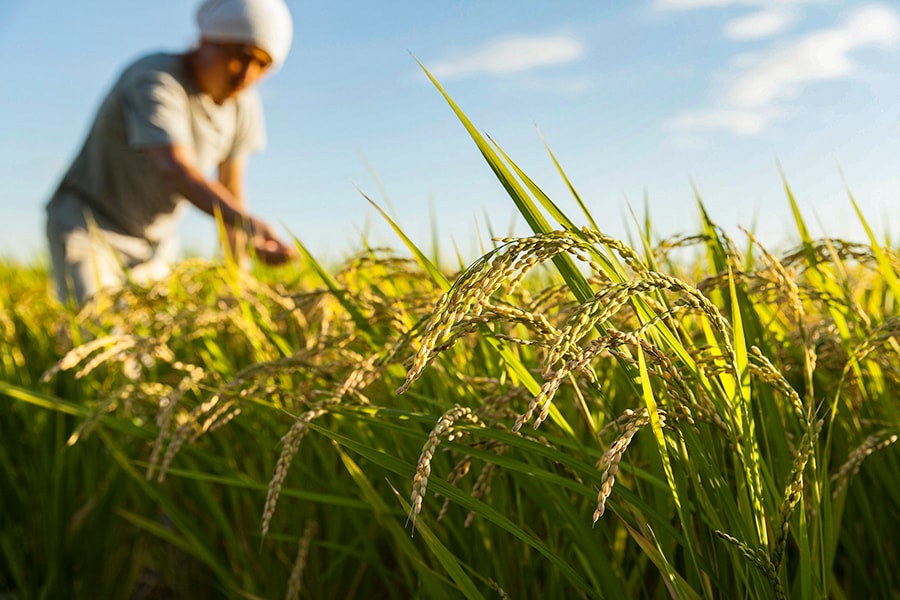
Scientists want to bring back ancient crops to save your favourite foods from climate change scarcity
According to a study published in May, global warming may shift nearly a third of agricultural production outside its ideal climate for cultivation, leading to potential widespread scarcities. To tackle this, scientists say, reintroducing genetic diversity and going back to domesticated crops' wild ancestors will help
 For more than 10,000 years humans have been using selective breeding to adapt fruits and vegetables to specific growing conditions that today are changing at an alarming rate.
For more than 10,000 years humans have been using selective breeding to adapt fruits and vegetables to specific growing conditions that today are changing at an alarming rate.
Image: Okugawa / Getty Images
From a bowl of rice to a cup of coffee, experts say the foods we take for granted could become much scarcer unless we can make them resistant to climate change.
For more than 10,000 years humans have been using selective breeding to adapt fruits and vegetables to specific growing conditions that today are changing at an alarming rate.
And the same breeding that has made crops profitable has also made them vulnerable to rising temperatures, drought, heavy rains, new blights or plagues of insects.
"When you select 'for the best' traits (like higher yields), you lose certain types of genes," Benjamin Kilian, project lead for the Crop Wild Relatives Project at Crop Trust, told AFP.







